Video Editing on Linux Featuring Librem 14
Video editing is a complex topic with a wide-range of software to choose from. In this series, produced with Gardiner Bryant, we will cover some of the common video editing suites available for Linux. We will then jump into some of the other software that you can choose when producing multimedia content on Linux. Instead of just telling you about how awesome Librem 14 actually is, we thought it would be useful to show Librem 14 in action.
While we could just do a high-level marketing video that demonstrated a bit of video editing on the Librem 14, we thought it would be better (and more aligned with our Social Purpose) to invest in a complete tutorial series that would teach people how to edit videos on a Librem 14 running PureOS. Let’s start!
Part 1: Choosing Free Software for Video Editing
What factors should you consider to choose the best video editor for you? You can choose proprietary or open source video editors. Learn how you and your teams can benefit from free software video editors that do not lock you down into proprietary ecosystems.
Some common tools for video editing mentioned in the video are Flowblade, Openshot, Shotcut, DaVinci Resolve (proprietary), Olive, Kdenlive, Blender and others.
Part 2: Video Editing with Kdenlive
Interoperability means that you will be able to send heavy video files back and forth. You don’t have to worry about the kind of Operating System (OS) others on your team are using. Free software options are compatible with several systems, and are capable of working with a variety of video file formats. If the software is free, you don’t have to worry about exorbitant licensing fees.
Kdenlive is a multiplatform freedom-respecting video editing solution. In this series, Gardiner shows why he prefers Kdenlive, part of KDE suite of applications. Though we talk about editing with Kdenlive in this series, the concepts will be applicable to pretty much every other video editor that you would want to use. So, let’s deep dive.
Part 3: Audio is the Most Important Part of the Video
Imagine if you have a great video with poor audio. Would you enjoy the overall experience? Viewers want high quality of audio with video. This is why audio is really the most important thing when it comes to video production.Let’s talk about the methods that we can use to improve the audio quality in post-production in Part 3 of the series.
Part 4: Get the Best Out of Your Video Editing Software
Are you regular user of video editing? Next we dig into tuning Kdenlive’s performance. Let’s perform some editing for high-resolution video in the next episode. This video will especially help those who use proxy clips, perform color correction or work with 4k or higher footage.
Part 5: Manage Projects Easily in Kdenlive
Looking to start your new project in Kdenlive? In the below episode, Gardiner will show you how to choose the right settings for your video editing project. We will talk about to how work efficiently with projects files, settings, and keybindings.
Part 6: How to Use Various Kinds of Cuts for Your Clips
There are 5 basic cuts that every video creator or editor should know. In this video you’ll learn about J-cuts, L-cuts, Jump cuts, and Action or Motivated cuts.
And you made it halfway through this series!
Part 7: Add Visual Interest to Your Video
You can make your storytelling truly engaging by using multimedia effects. In this video, you can learn how to use compositions to mix tracks and how to apply basic video effects in Kdenlive, a free video editing solution.
You can do a lot by applying these basic techniques to add effects to your video projects.
Part 8: Capture and Correct the Color of Your Videos
Now, we’re going to talk about the 6 things you need to know about color correction, when editing videos.
We will quickly go through the workspace, interface and tools available on Kdenlive.
Part 9: Get Creative with Framerates
Let’s go all in and find out about standard frame rates and when to use which rate. You’ll learn how to make a video feel quick or slow things down for a cinematic shot. This video will help you take your video production up a notch.
Part 10: Using the “Extra” footage or “B-roll” to your Advantage
Have you ever noticed the “behind-the-scenes” or “making of” clips that are used in videos? B-roll is the secondary footage, loosely related to the topic. You can use it in the narrative and make it interesting for the audience by using it in a creative way.
Let’s learn about the B-roll, and how to include these secondary shots: clips or images in your video.
Part 11: Using Multiple Monitor Setup for Video Editing On Librem 14
If you are serious about editing video, you may consider a screen setup that works for you. A multiple monitor setup can help you catch likely edits with your footage when you’re previewing it in full screen. You need a portable, powerful laptop that can handle resource-intensive processes like video editing, and can support multiple monitors (may we suggest, Librem 14)? Let’s hear Gardiner’s suggestions in Part 11.
Part 12: Render Your Video Files in Kdenlive
One of the very last steps in video production is rendering your final files. In this final episode of the series, we will look at the steps involved in rendering your video projects, in Kdenlive.
Learn to use in and out zones and master the settings that help you render your project.
Send Us Your Feedback
We hope that you learnt something new through this educational series. Let us know what you think, and if there are topics you’d want covered in the future.
Want to watch and share a specific episode? Here are the links for the individual videos and posts.
- Overview of Video Editing on Librem 14
- Eps 01: Video Editing with Linux
- Eps 02: Kdenlive Video Editor Reviewed
- Eps 03: Tips and Tricks to Manage Kdenlive’s Settings, Files and More.
- Eps 04: How to Get the Most Out of Kdenlive
- Eps 05: The Most Important Part of a Video
- Eps 06: 5 Basic Techniques You Should Know
- Eps 07: Adding Visual Interest with Effects and Compositions
- Eps 08: Capturing and Correcting the Perfect Video Color
- Eps 09: Dialing in the Framerate
- Eps 10: All About B-roll
- Eps 11: Multi-Monitor Video Editing
Purism Products and Availability Chart
| Model | Status | Lead Time | ||
|---|---|---|---|---|
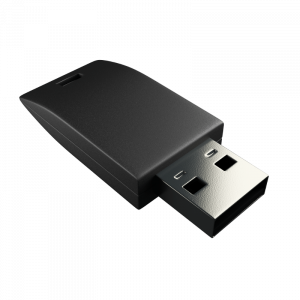 | Librem Key (Made in USA) | In Stock ($59+) | 10 business days | |
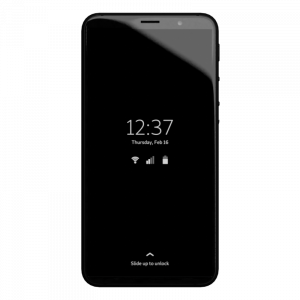 | Liberty Phone (Made in USA Electronics) | In Stock ($1,999+) 4GB/128GB | 10 business days | |
 | Librem 5 | In Stock ($799+) 3GB/32GB | 10 business days | |
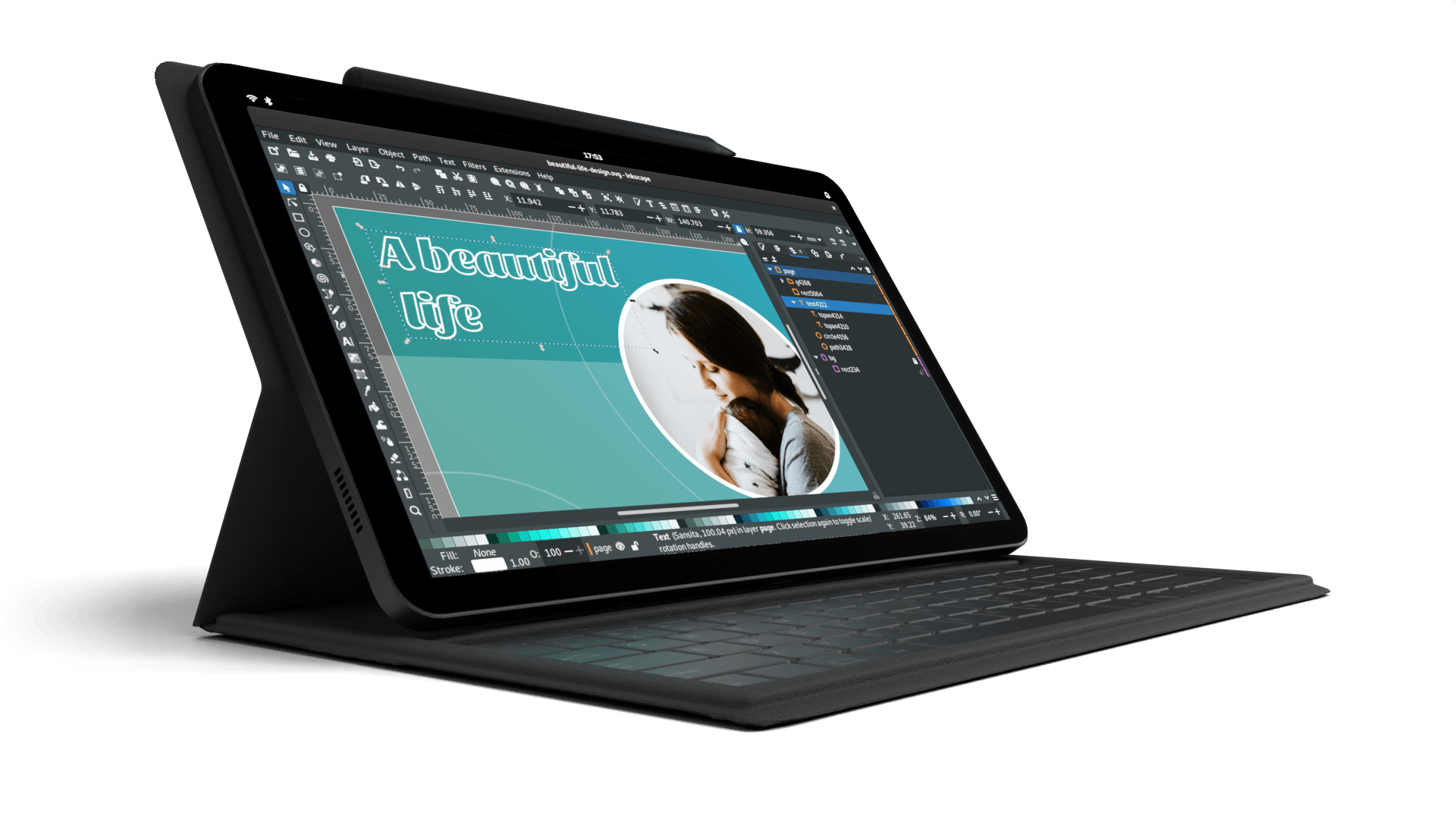 | Librem 11 | Backorder ($999+) 8GB/1TB | 10 business days | |
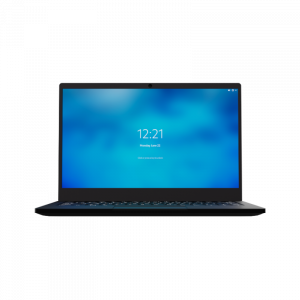 | Librem 14 | Out of stock | New Version in Development | |
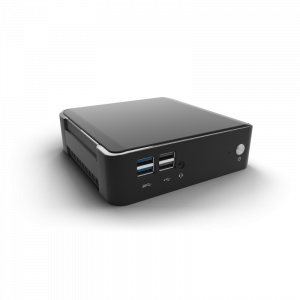 | Librem Mini | Out of stock | New Version in Development | |
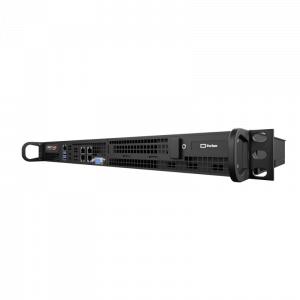 | Librem Server | In Stock ($2,999+) | 45 business days |
Recent Posts
- PureOS Crimson Development Report: June 2025
- Purism CEO Todd Weaver: U.S.-Made Liberty Phone Proves Domestic Tech Manufacturing Is Possible—and Competitive
- Google to Pay Texas $1.4 Billion to End Privacy Cases
- Trump T1 Phone Android OS vs. PureOS
- After a week, Trump Mobile drops claim that the T1 Phone is “Made in the USA”
Related Content
- After a week, Trump Mobile drops claim that the T1 Phone is “Made in the USA”
- Purism Liberty Phone free from tariffs, as reported by Yahoo Finance
- Google Restricts Android Sideloading—What It Means for User Autonomy and the Future of Mobile Freedom
- How Big Tech Exploits Apps to Circumvent Privacy Laws & a Solution from Purism
- What Is PureOS? A Beginner’s Guide for iOS, Android, and Windows Users


